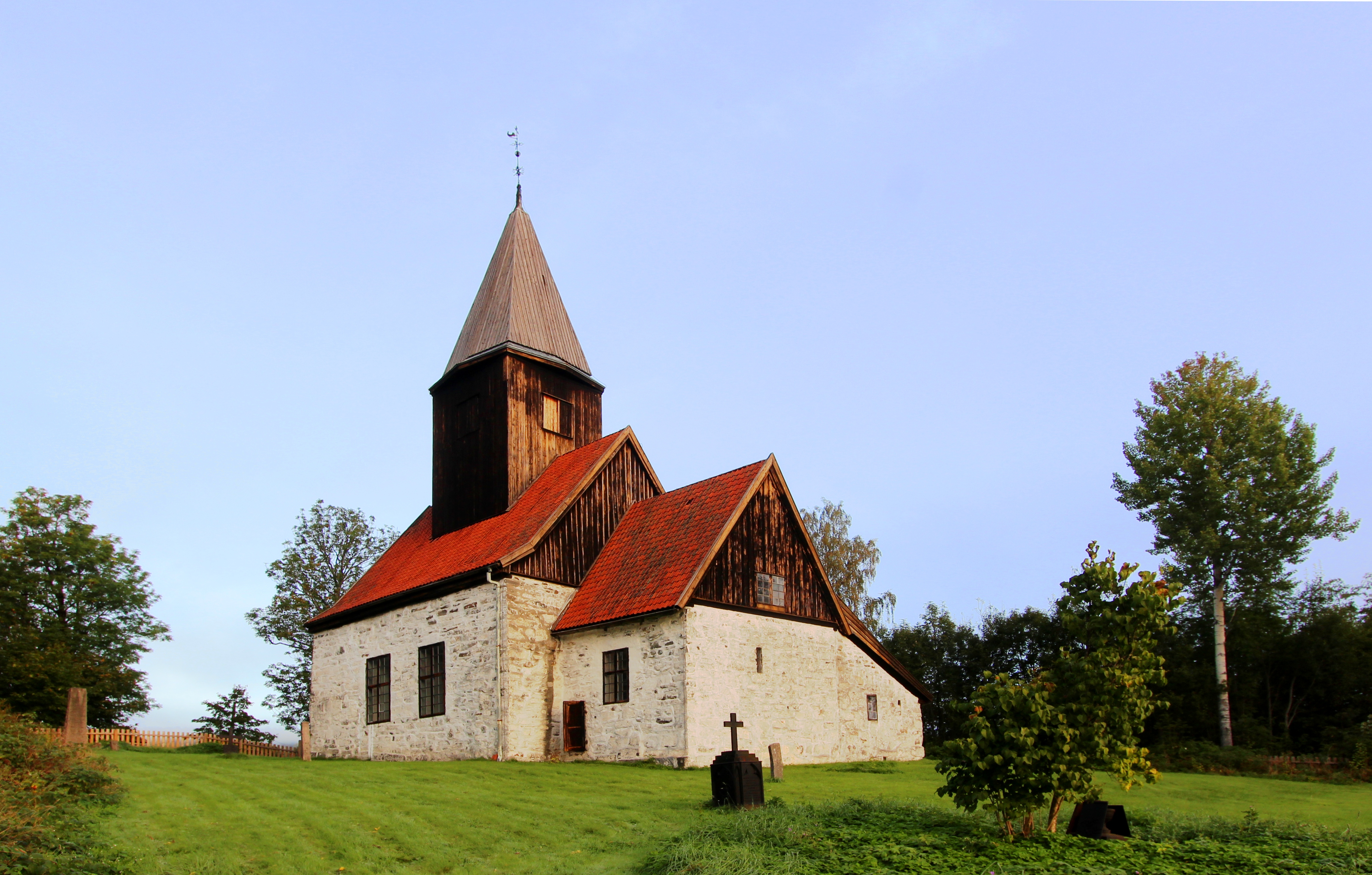Eiker on:
[Wikipedia]
[Google]
[Amazon]
Eiker is a traditional district in the county of Buskerud, Norway.

History
Eiker consists of the municipalities of Nedre Eiker and Øvre Eiker. The area is located in the southern part of Buskerud county. Eiker is an agricultural area with a long history. The area was first inhabited around 8000 BC. During the early Viking Age, Eiker was the western extension of the kingdom of Vingulmark. Somewhat later, it became part of the kingdom of Vestfold. The parish of ''Eker'' was established as a municipality on January 1, 1838 (seeformannskapsdistrikt
() is the name for Norwegian local self-government districts that were legally enacted on 1 January 1838. This system of municipalities was created in a bill approved by the Parliament of Norway and signed into law by King Carl Johan on 14 January ...
). It was divided into Nedre Eiker and Øvre Eiker on July 1, 1885.

Fiskum Old Church
Fiskum Old Church (''Fiskum gamle kirke'') is located in Øvre Eiker near the village ofDarbu
Darbu is a village within the parish of Fiskum, in the municipality of Øvre Eiker, Buskerud County, Norway. The population of the village was 539 as of 2019.
Darbu is located on the Sørland Line Railway, 81.61 km from Oslo, about midway ...
. It is a medieval era, Romanesque church dating from approximately 1200 A.D. The church was dedicated to Saint Olav. Fiskum Old Church was constructed in a rectangular shape and has 150 seats. The church was built of stone fracture in lime mortar and plastered inside. After the Protestant Reformation, Fiskum Church came under Haug Church at Haugsbygd. In 1866 the new Fiskum Church was built and the old church no longer had any official function. Externally, the church has preserved much of its medieval appearance. Inside the church reflects an expansion dating from the 17th century.
Etymology
The Old Norse form of the name was ''Eikjar''. The name is the plural form of ''eik'' which means oak. Haugen, Einar (1967) Norwegian-English Dictionary (University of Wisconsin Press)References
Other sources
*''Fiskum Old Church'' (Ringerike-Drammen District Lag. Volume 24, No.1, February 2010) {{Authority control Districts of Viken Former municipalities of Norway Øvre Eiker